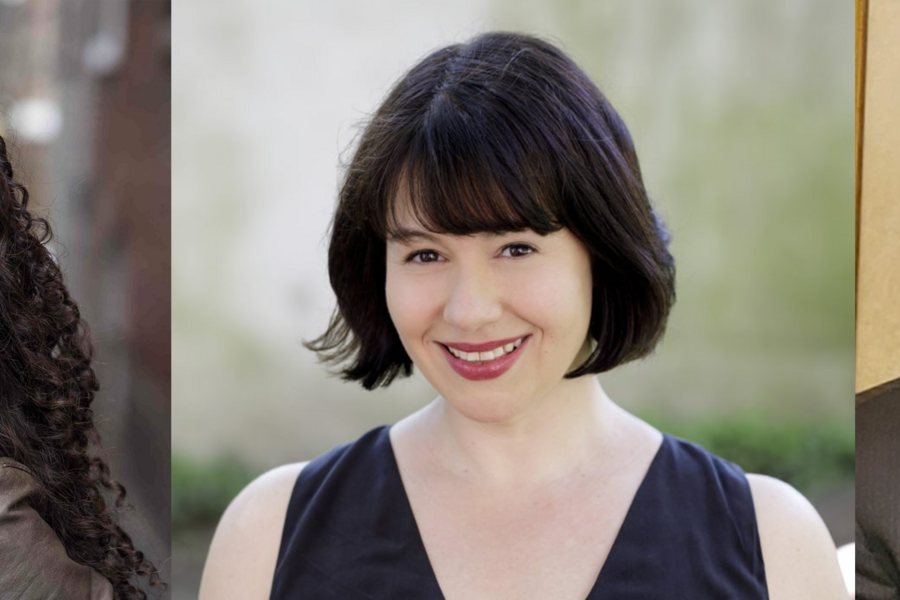Bringing together experts from a wide range of disciplines and perspectives, Johns Hopkins University's Krieger School of Arts and Sciences is offering a series of conversations throughout the spring semester on conflict in the Middle East. The first event will take place at 6 p.m. EST on Wednesday, Jan. 29, and is titled "Antisemitism, Islamophobia, and the Israeli-Palestine Divide."
The series, Conflict in the Middle East: Contexts and Ramifications, will provide in-depth analysis of the war and conflict, focusing on historical roots, current dynamics, and potential pathways to peace. Each of the five sessions will explore the longstanding tensions between Israel and Palestine, the political and social implications for both sides, and the broader regional and international impact. Sarah Wildman, writer for The New York Times, will moderate the series.
"We're gratified to be in a position to convene experts on matters pertaining to the conflict in the Middle East, who will frame the kind of informed dialogue that can offer new layers of discussion and nuances of understanding," said Christopher S. Celenza, dean of the Krieger School.
Experts will include historians, legal scholars, political analysts, and human rights advocates, who will discuss key events leading up to the current conflict, the humanitarian crisis, and diplomatic efforts. Each session is free online via Hopkins at Home; registration is required.
The series is being coordinated by the Krieger School's Alexander Grass Humanities Institute (AGHI), which serves as a focal point for Hopkins' humanities-related departments and programs. The series exemplifies the work of AGHI, whose mission is to promote scholarship and teaching at Hopkins and in the wider community through interdisciplinary collaboration on innovative projects including global and public humanities.
"With this series, we hope to create the kind of thought-provoking dialogue that leads not only to deeper questions and understanding, but continuing conversations that can shed light—and, eventually, new ways forward—on issues with much history and many angles," said William Egginton, AGHI's director and a professor in the humanities.
In January's session, Michelle Goldberg of The New York Times and Samer Sinijlawi, Palestinian political activist, will examine the rise of antisemitism and Islamophobia, particularly in light of current events. They will explore the responsibilities of educators, policymakers, and activists in combating hate while fostering mutual respect.
In February's session, "Roots of Conflict, Paths to Peace," Omer Bartov professor of history at Brown University, and Bret Stephens of The New York Times will delve into the historical roots of the Israel-Palestine conflict, examining key milestones and socio-political factors that have shaped its trajectory and addressing whether there are viable solutions for lasting peace.
The remaining sessions will address human rights, international law, and academic freedom in light of the conflict. The conversations are part of the university's commitment to the creation of knowledge and the exploration of ideas. The series kicked off last semester with a session on three pivotal moments in the history of antisemitism, tracing its evolution from antiquity through the Middle Ages to the 19th century; and an open campus discussion on Israel, Palestine, and the wars in the Middle East. A full schedule is available on the Alexander Grass Humanities Institute website.
Posted in Voices+Opinion, Politics+Society
Tagged middle east, humanities









